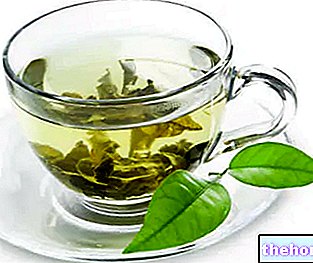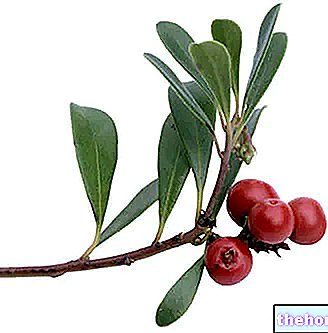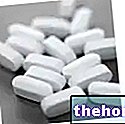What is that
Microcrystalline cellulose is a food additive used for its thickening, gelling and stabilizing properties; improves the smoothness of the tablets and exhibits excellent compressibility and load capacity

The microcrystalline cellulose is obtained by a depolymerization process, with mineral acids, of the alpha-cellulose, in turn obtained from natural sources of vegetable fibers.
At room temperature, microcrystalline cellulose appears as a fine, white, odorless and water insoluble powder.
Property and Security
Its presence on the label can also be indicated by the initials E460i. Being in fact an indigestible carbohydrate, microcrystalline cellulose does not provide a significant energy contribution; it boasts mild laxative properties, while like all insoluble fibers (unlike soluble ones) it does not produce significant effects on plasma levels of glucose, triglycerides and cholesterol.
Microcrystalline cellulose is considered a safe additive, being also present in small quantities in plant foods.




























